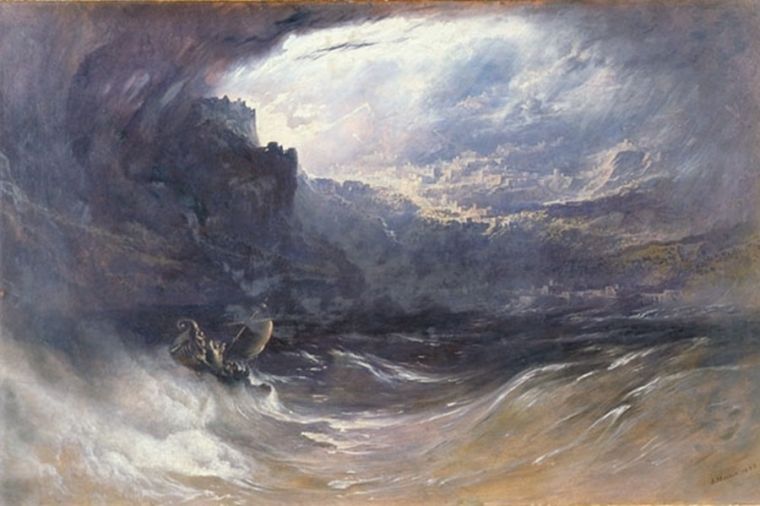Has Science Confirmed Genesis? Study Proves Rainfall Over Africa Thousands Of Year Ago, Pointing to Great Flood

The Sahara Desert was once lush and green with high rainfall rates—a finding that fits the story told in Genesis—a new research showed.
The findings were made by a team of international researchers who collected and analysed marine sediments from off the coast of west Africa. The results of their study were published in the journal "Science Advances."
The study's lead author, Jessica Tierney, said she and her colleagues found ancient leaf wax samples that reveal what the African climate was like 5,000 to 11,000 years ago, according to The University of Arizona News.
The evidence suggests that the Sahara Desert, where annual rainfall now is usually less than five inches, was once lush and green, she said.
"It was 10 times as wet as today," Tierney said.
"Our precipitation rate estimates confirm the interpretation that a seasonal tropical climate dominated most regions of North Africa during the Green Sahara time," the researchers wrote in their paper.
"It is therefore feasible that, at the peak of the Green Sahara, monsoonal moisture inundated the entire western Saharan region," they added.
Scientists already know that rainfall rates in ancient Africa were once higher than they are today. But the new study showed that wet, tropical conditions were more widespread than previously known.
"With some notable exceptions, climate model simulations do not predict these high rainfall rates, nor do they indicate that the Green Sahara extended as far as 31°N," the team wrote in their journal article.
Biblical creationists say the new findings provide more historical evidence to the global flood described in Genesis. Dr. Jake Hebert, a physicist with the Institute for Creation Research, said scientific models based on the Bible predict an extremely wet period following the Great Flood, according to Christian News.
"Rapid seafloor spreading and volcanic activity during the Genesis Flood would have significantly warmed the world's oceans," he wrote in an online article published in February. "This would have greatly increased evaporation, putting much more moisture into the atmosphere. This increased moisture would have resulted in much more precipitation, in the form of snow, in the higher latitudes and on mountaintops, and rain at lower latitudes and elevations."
"The conclusion of increased Saharan rainfall in the recent past is in perfect agreement with the history recorded in Genesis," Hebert said.











